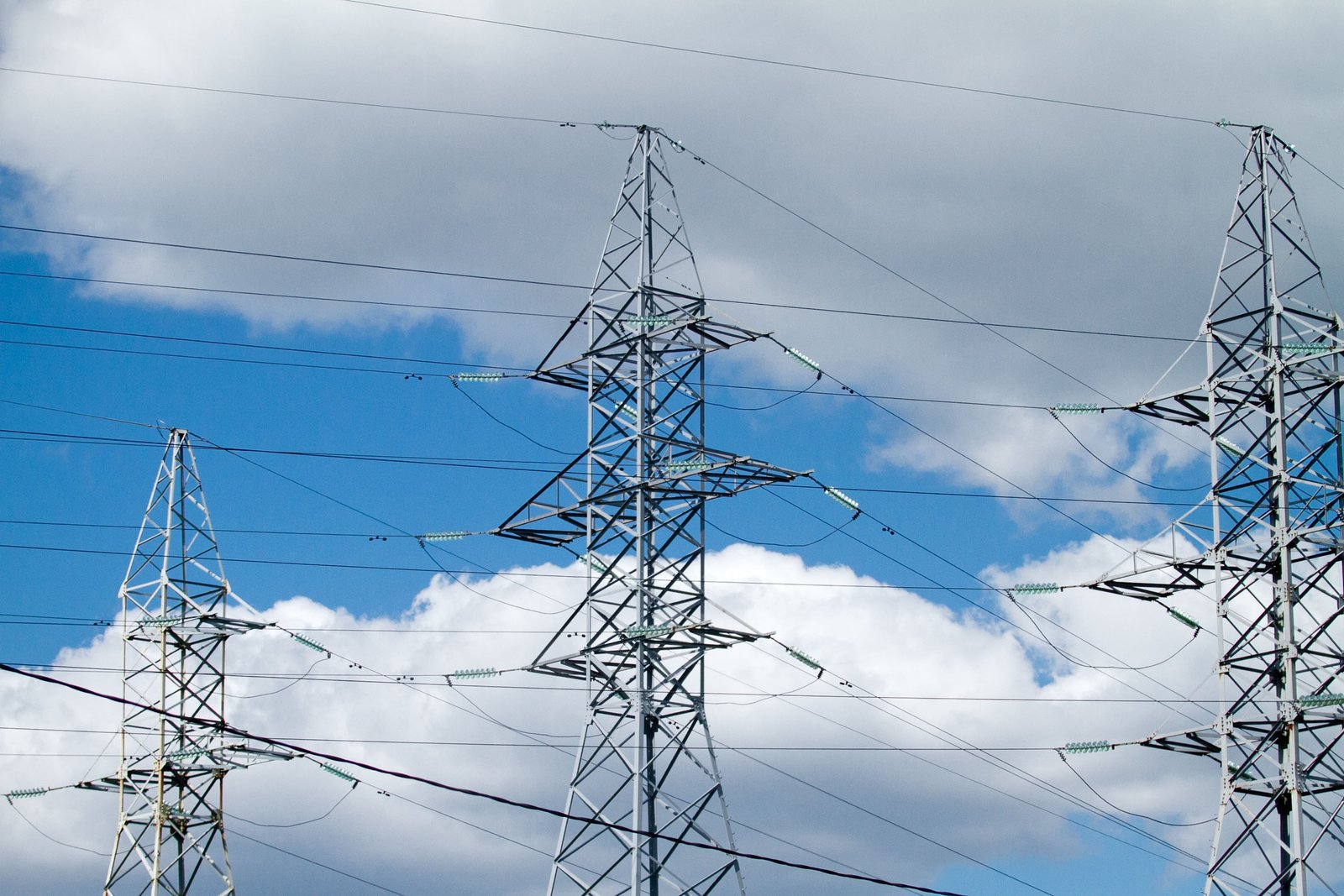

DELFI / Šarūnas Mažeika
The price was increased due to the winter weather
In all of the Baltic States, the year started with higher electricity prices compared to December – the electricity in Lithuania and Estonia increased by an average of 5% to 56,50 EUR/MWh and 55,76 EUR/MWh, respectively. While in Latvia it increased by 6% to 56,62 EUR/MWh. A price increase was also observed in all the other Nord Pool markets. Here, the average price of electricity rose by 4% to 53,78 EUR/MWh, which is the highest recorded price in the last 8 years.
“The change in the electricity prices in January was driven by the winter weather in the region, which stimulated the growth of the demand. It is true that the weather conditions have created not only a higher electricity demand, but have also resulted in reduced production volumes in the Nordic countries. In January, the production output declined in hydroelectric power stations, while in wind farms the output was extremely volatile. Electricity prices also increased due to higher emission prices,” said Martynas Giga, Director of the independent electricity supplier Elektrum Lietuva.
Electricity production in Lithuania grew by one third
In the first month of the year, electricity consumption in the Baltic States grew by 4% to 2737 GWh compared to December. The indicator in Estonia grew by 6% to 867 GWh, while in Lithuania and Latvia it increased by 4% to 1173 GWh and 3% to 697 GWh, respectively.
Although the production volumes in the Nord Pool markets decreased in January, in the Baltic countries they increased by 30% to 1931 GWh. In Estonia, the production grew by as much as 41% to 1021 GWh, in Lithuania by 31% to 317 GWh, and in Latvia by 13% to 592 GWh.
“In the first month of the year, compared to December, the water level in the Daugava River increased slightly, but it was still almost two times lower than the average level in January. As the water level increased, the hydro power generation increased as well, reaching 5 GWh more than in December. At the same time, the production volumes of the Riga thermal power plant increased by 21% to 371 GWh,” said M. Giga.
In January, all three Baltic countries together generated 71% of the electricity they needed. In Estonia, the production exceeded the consumption by 18%, while in Lithuania and Latvia, 27% and 85% of the country’s electricity was produced, respectively.
While Prime Minister Gintautas Paluckas does not take issue with the statements made by the…
Lithuanian economists are surprised to see our country's economic growth: the Estonian economy has been…
"The fate of Nemuno Aušra (Dawn of Nemunas) in the coalition has been decided; they…
Airvolve, a Lithuanian dual-purpose aeronautics company, has successfully completed its first round of testing and…
The world is becoming smaller, more intertwined, and increasingly fragmented, with many of the previous…
In recent years, Vilnius, the vibrant capital of Lithuania, has experienced a culinary renaissance. While…